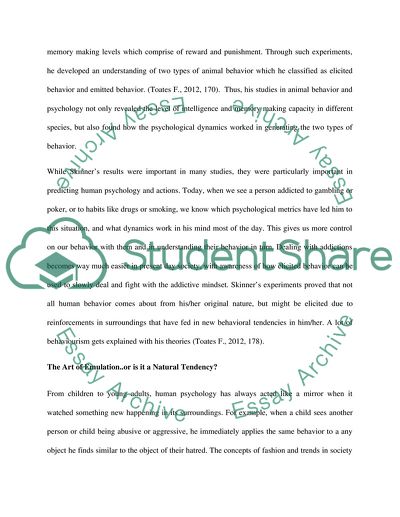Cite this document
(“The extent to which psychological research is of value to scociety Essay”, n.d.)
The extent to which psychological research is of value to scociety Essay. Retrieved from https://studentshare.org/psychology/1654900-the-extent-to-which-psychological-research-is-of-value-to-scociety
The extent to which psychological research is of value to scociety Essay. Retrieved from https://studentshare.org/psychology/1654900-the-extent-to-which-psychological-research-is-of-value-to-scociety
(The Extent to Which Psychological Research Is of Value to Scociety Essay)
The Extent to Which Psychological Research Is of Value to Scociety Essay. https://studentshare.org/psychology/1654900-the-extent-to-which-psychological-research-is-of-value-to-scociety.
The Extent to Which Psychological Research Is of Value to Scociety Essay. https://studentshare.org/psychology/1654900-the-extent-to-which-psychological-research-is-of-value-to-scociety.
“The Extent to Which Psychological Research Is of Value to Scociety Essay”, n.d. https://studentshare.org/psychology/1654900-the-extent-to-which-psychological-research-is-of-value-to-scociety.


